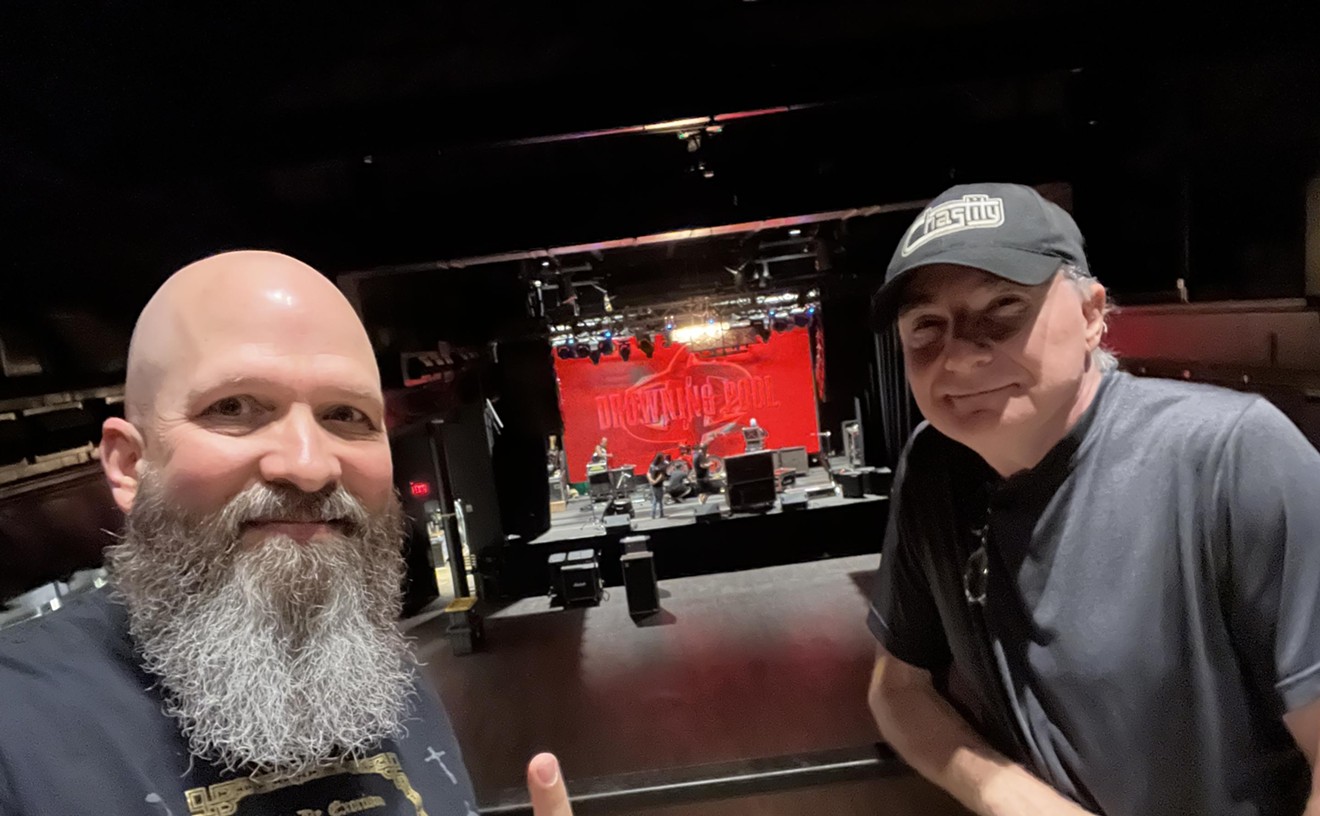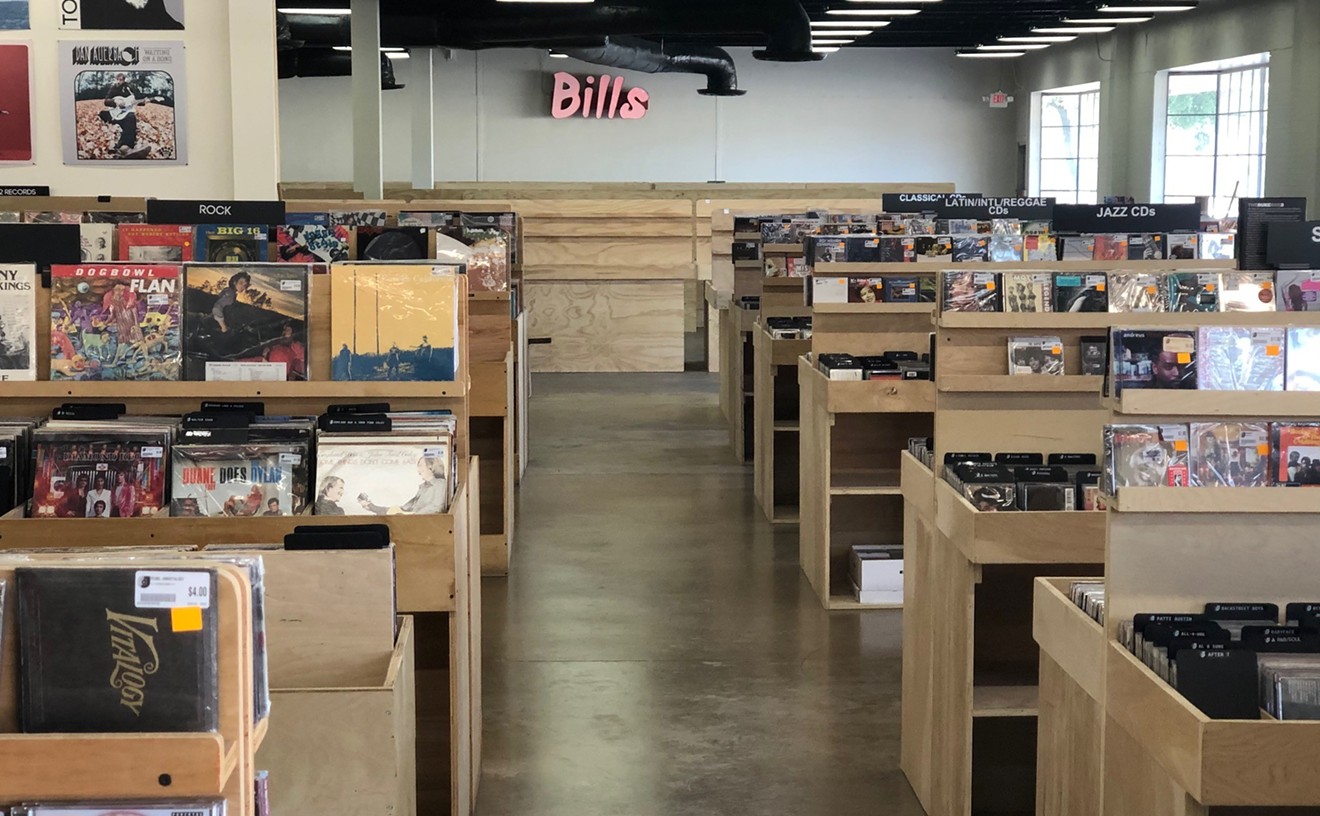Not so long ago, Jackson swore off the mantle of pop songwriter, insisting he had moved on to classical compositions, the pop of his trained youth; his last three studio discs, from 1994's Night Music to last year's Symphony 1, all but cleaned house, until not even the fetishists came calling. But even the most self-absorbed genius can miss the sound of applause: This year's live Summer in the City found Jackson amongst old friends and old hits, dancing to familiar tunes most thought he'd abandoned to the scrap heap of ancient history. He's even resurrecting old titles (and aren't most albums "sequels," in one way or another, to their predecessors?) and raising expectations: Will Night & Day II sound at all like its Latin-tinged, ballad-drenched big brother, or has Jackson simply given his latter-day art-pop a familiar moniker with which to lure in the nostalgic suckers? The simplest answer: Dude, seriously.
Save for a few lifted bars from "Steppin' Out" that pop up in the songs "Glamour and Pain" and "Stay," the albums bear as much resemblance to one another as Muhammad Ali and Willie Pep. Ostensibly, they also share concept--a 24-hour song cycle in the night and day of New York City, as witnessed by various characters (not all played by JJ)--but that's hardly a concept at all; it's more like a conceit. The biggest difference is that Jackson doesn't seem to give much of a damn this time out: The songs feel like bone instead of flesh (too often, they could pass for drum-machine demos, as one aches for the sound of a full orchestra or at least a four-piece combo), and the best he could come up with by way of intro is a song titled "Hell of a Town," which is either the most clever use of a hackneyed cliché or...no, no, it's just a hackneyed cliché. Yeah, pal, New York's a hell of a town--heard that from Leonard Bernstein way back when. And? And? What else ya got? Well, there is the second cut, about the Chinese Elvis and the Indian Jew--because New York is "a town where there's always somebody stranger than you." It's like getting a tour from a guy just off the bus from England. Or Oxnard.
It's easy enough to dispose of the, ah, concept; a handful of songs remind you why it's impossible to write off Jackson, no matter how easy it has become (even the apologist has none at this late date). The album actually builds to a satisfying climax; skip past the first three songs, including the meandering "Prelude," and some rather wonderful adult pop lies in wait: "Dear Mom," about a boy who spies his long-missing 16-year-old sister on the subway and sends updates to a worrying mother; the forlorn "Love Got Lost," in which Marianne Faithfull assumes the role of the ghost of better, faraway times; and "Happyland," a Latin-tinged ballad about the 1990 fire at the Happyland Social Club that killed 87, most of whom were Honduran refugees. The latter is Jackson's best--and most subversive--song in decades; pay little attention, and you'd have no idea its subject matter was the horrific death of men and women long since forgotten (their lives were each worth a mere $163,000 in financial settlements). "Hot, the place was hot/Too many people to be safe," Jackson sings, with a rose between his teeth. "She said it was our night/Watch us seize the day/And dance it all away." But the song passes quickly, and the echoes of 1982 appear again: "Steppin' Out" shows up once more, this time as a song called "Stay" that asks you to go and pick up Night & Day and remind yourself why you gave a damn in the first place. "You can live anywhere you want to/Give me one reason to stay," Jackson sings, and if you give me a couple of days, I might think of one.










